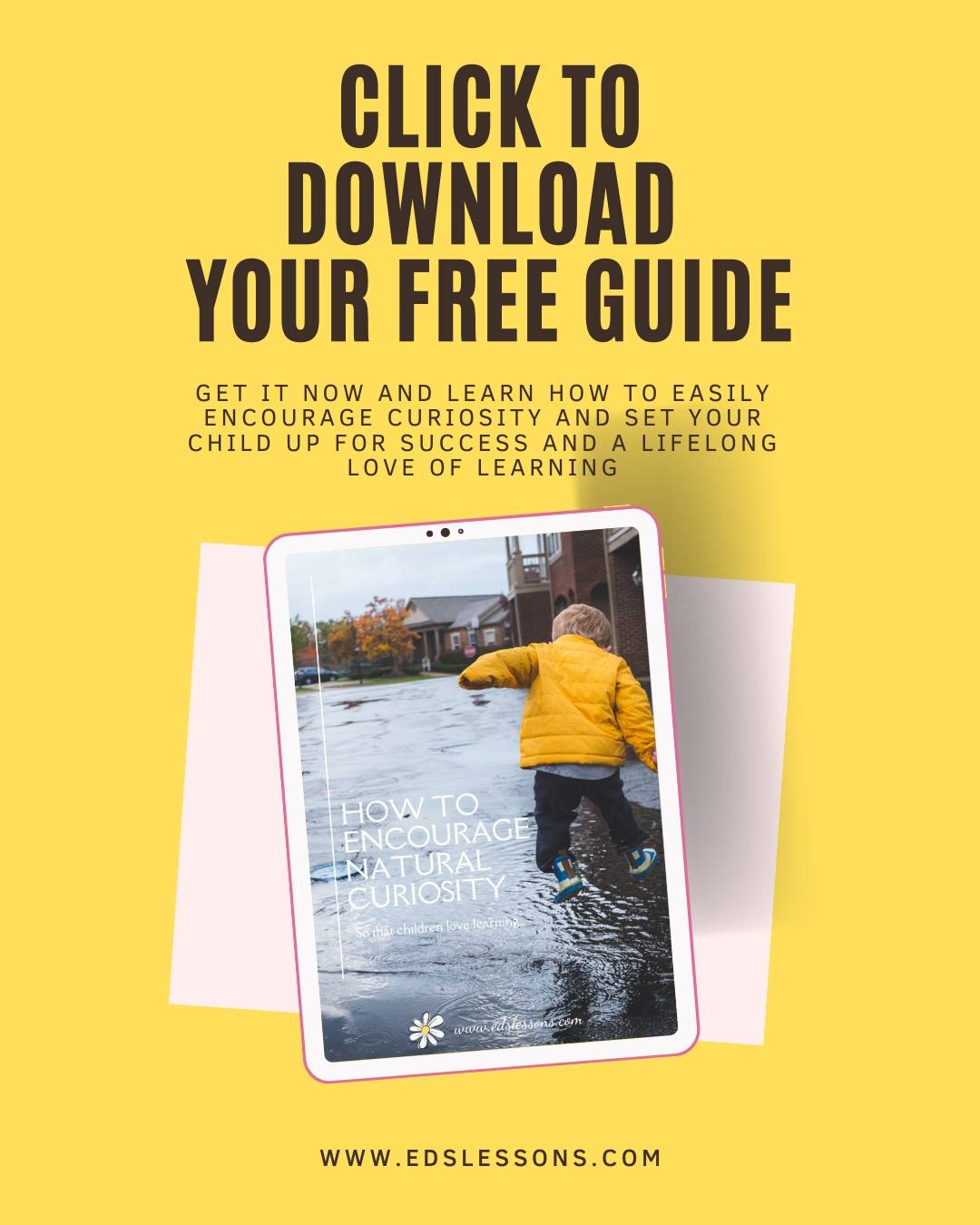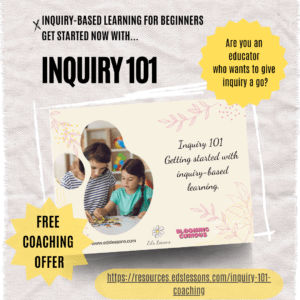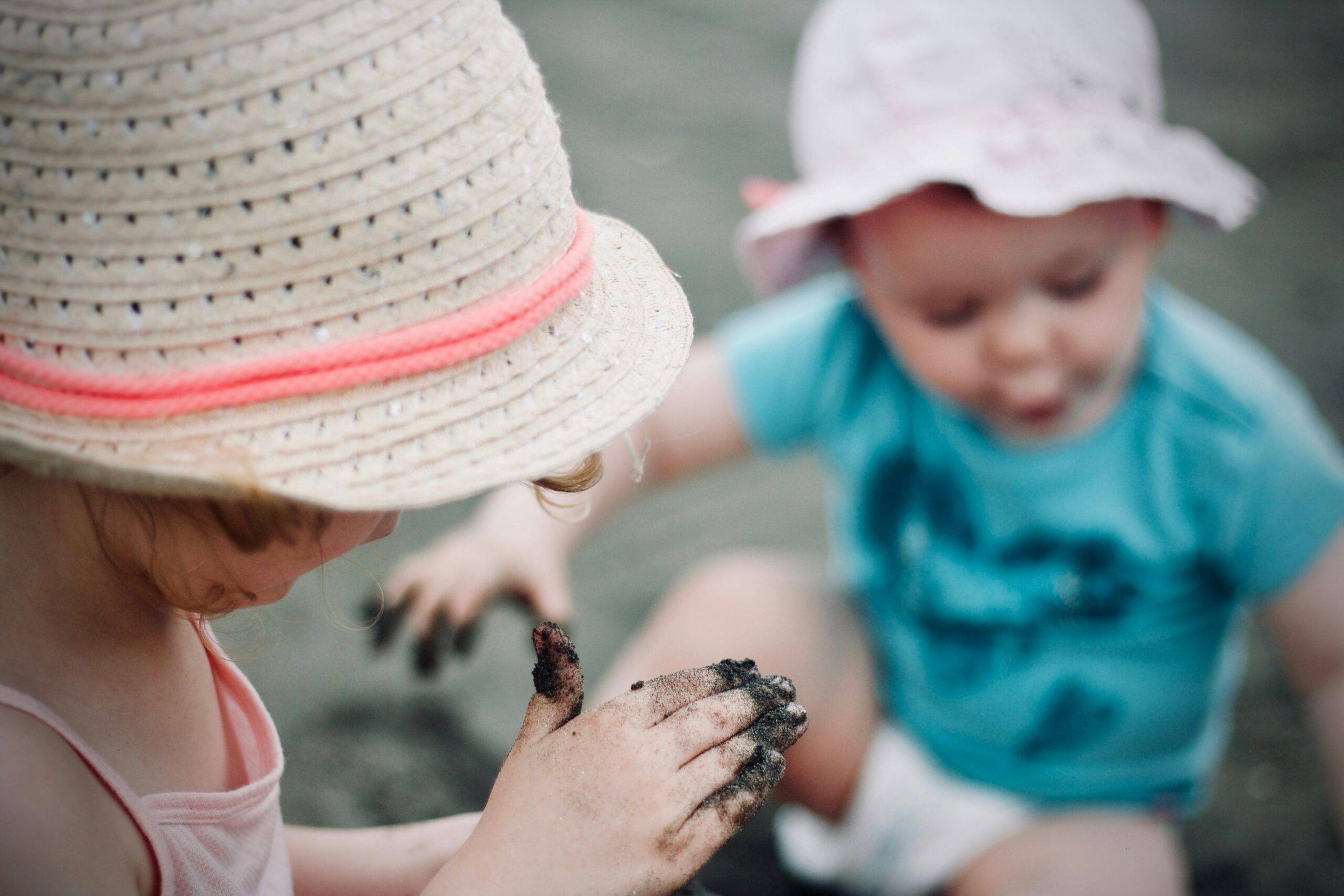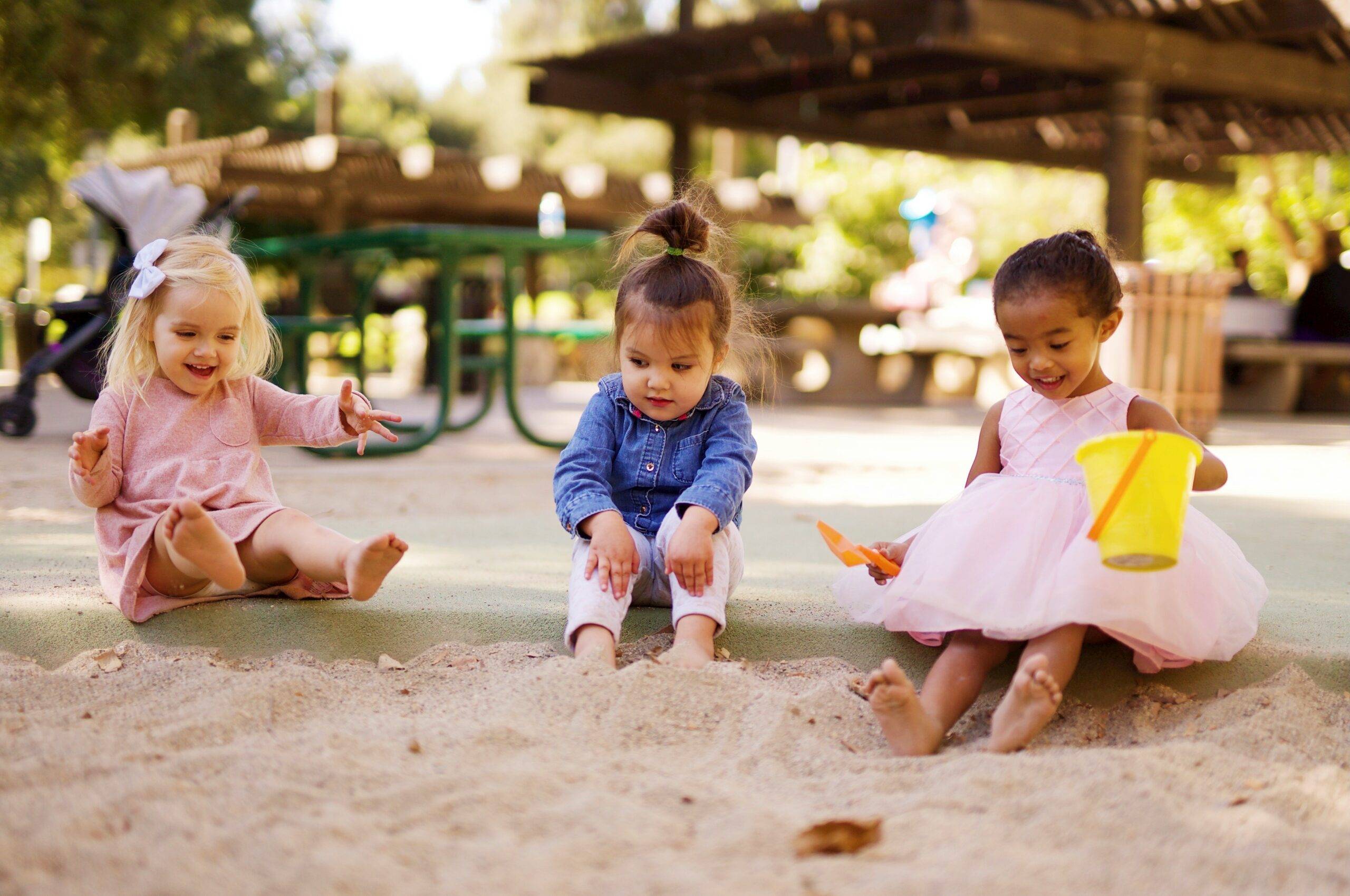Some of the links below may be affiliate links. This means that, at zero cost to you, I will earn an affiliate commission if you click through the link and finalise a purchase. All product recommendations are products that I have used and loved, or products that I would recommend based on experience.
The Importance of Curiosity in Education – How Educators Can Nurture Their Own Curiosity
In episode 19 of Blooming Curious, we delved into a topic that lies at the heart of education: curiosity. From its fundamental role in human discovery to its impact on innovation and problem-solving, curiosity shapes our approach to learning and understanding the world around us. In this blog post, we’ll discuss strategies for nurturing curiosity in both educators and learners.
The Power of Curiosity
Curiosity is a driving force behind every discovery in human history. From the curiosity of young children exploring their environment to the groundbreaking innovations of visionaries like Elon Musk, curiosity fuels our quest for knowledge and exploration. However, as we grow older, our curiosity often diminishes, influenced by societal pressures and organisational structures.
The Role of Educators in Nurturing Curiosity
As educators, whether in formal school settings or as parents guiding our children’s learning, we play a crucial role in fostering curiosity. We must actively model curiosity by asking questions, pursuing new interests, and embracing failure as part of the learning process. By creating environments that value inquiry and exploration, we empower learners to become active participants in their own education. The eGuide I created below illustrates just how easy and natural it is to nurture children’s natural curiosity and includes open ended question starters that you can use to stimulate wondering in children. Click on the image below to download your free copy.
Overcoming Challenges to Curiosity
Despite its importance, curiosity faces challenges in traditional educational settings and organisations. Leaders may value curiosity in theory but may discourage it in practice due to concerns about efficiency and managing complexity. However, by recognising the long-term benefits of curiosity-driven innovation, we can challenge existing norms and cultivate environments that encourage curiosity at every level. In this article the author explores reasons for the diminishing of curiosity in organisations. The reasons are not dissimilar from what happens in education.
Strategies for Nurturing Curiosity
Nurturing curiosity requires intentionality and reflection on our part. Educators can integrate inquiry-based approaches into their lessons, encouraging students to think critically, collaborate, and explore diverse perspectives. Additionally, fostering a culture of curiosity involves embracing failure, being open to new experiences, and maintaining a lifelong commitment to learning.
As adults and educators we model curiosity to our learners in all our actions and inactions. Curiosity brings with it a full appreciation and enjoyment of life. The following may be useful in nurturing our own curiosity:
- Explore something you’ve been wanting to do for a long time, and then actively pursue it.
- Be open and comfortable with failure.
- Be intentional and reflect on your progress.
- Ask questions and be open to others’ point of view.
- Make having an inquiry mindset part of your life by reading and questioning.
This nurturing process closely resembles the inquiry process itself. By having an inquiry mindset, you automatically become a model for inquiry for others.
Integrating Inquiry Coaching
To support educators to integrate an inquiry approach into their lessons, I am offering a one hour free coaching session for a limited time. This personalised session aims to removing the doubt and fear around inquiry, and establish goals and strategies for incorporating inquiry-driven approaches into lessons. To apply for a free coaching session go tohttps://resources.edslessons.com/inquiry-101-coaching
Conclusion
Curiosity is not just a trait; it’s a mindset that fuels exploration, innovation, and lifelong learning. As educators, parents, and lifelong learners, we have a responsibility to nurture curiosity in ourselves and those we teach. By fostering environments that value inquiry, embrace failure, and encourage exploration, we can empower the next generation to become curious, creative problem solvers who shape a brighter future for us all. Stay curious, and let’s embark on this journey of discovery together.
Did you enjoy listening to the podcast or the content here at Ed’s Lessons?
For more, and to stay in the know subscribe to Get Blooming Curious, the weekly newsletter for more tips and resources, by signing up below.








